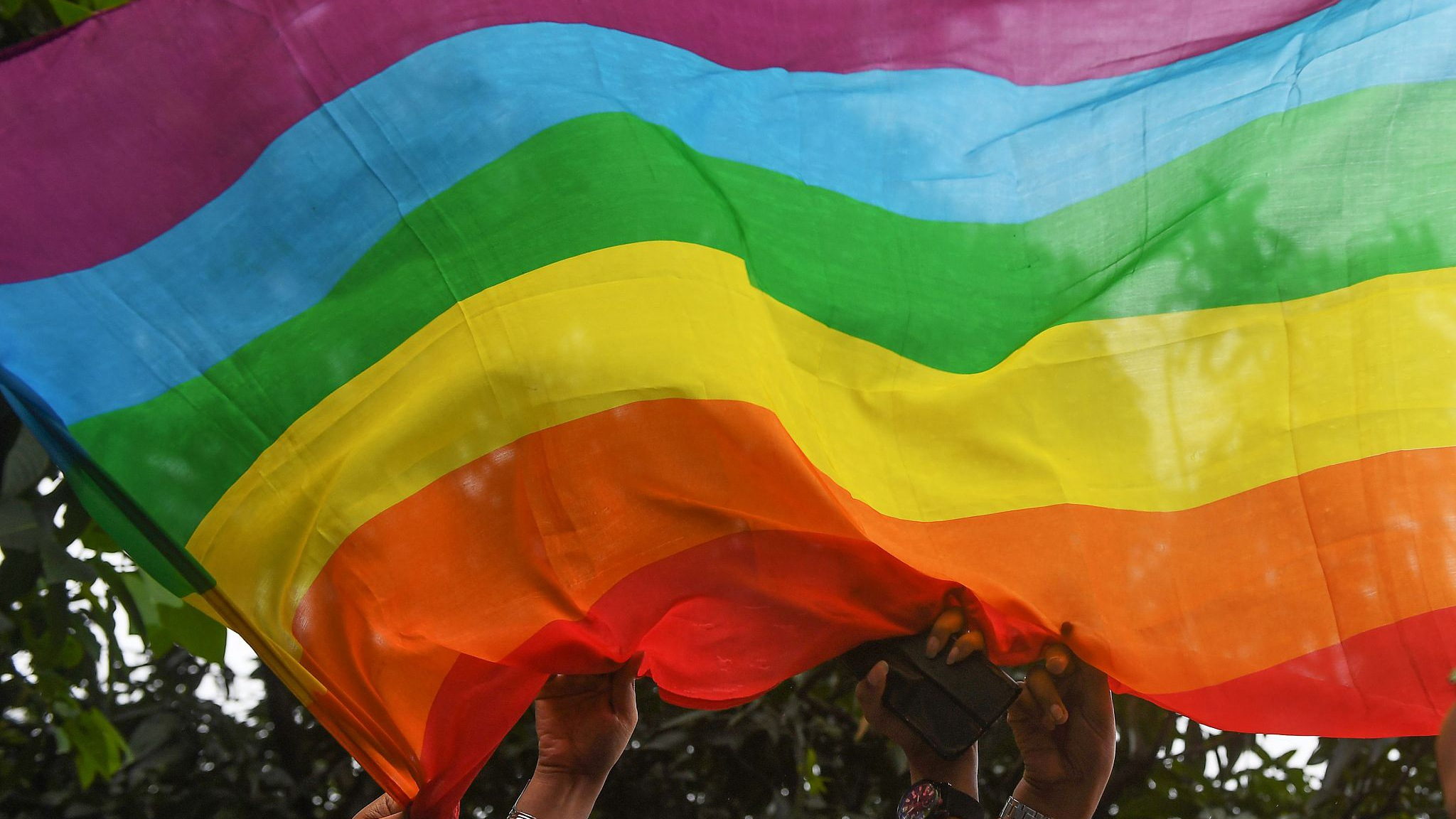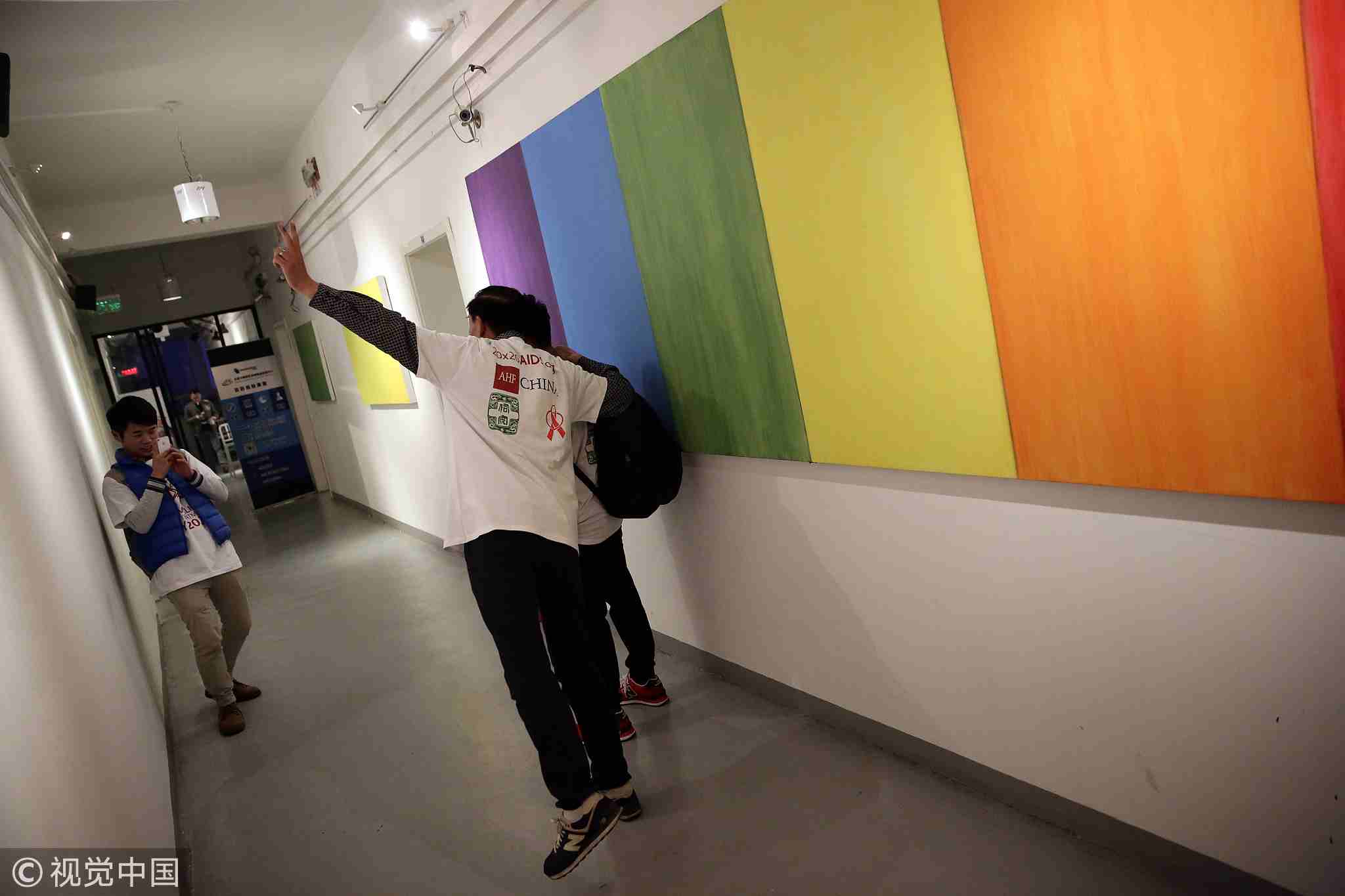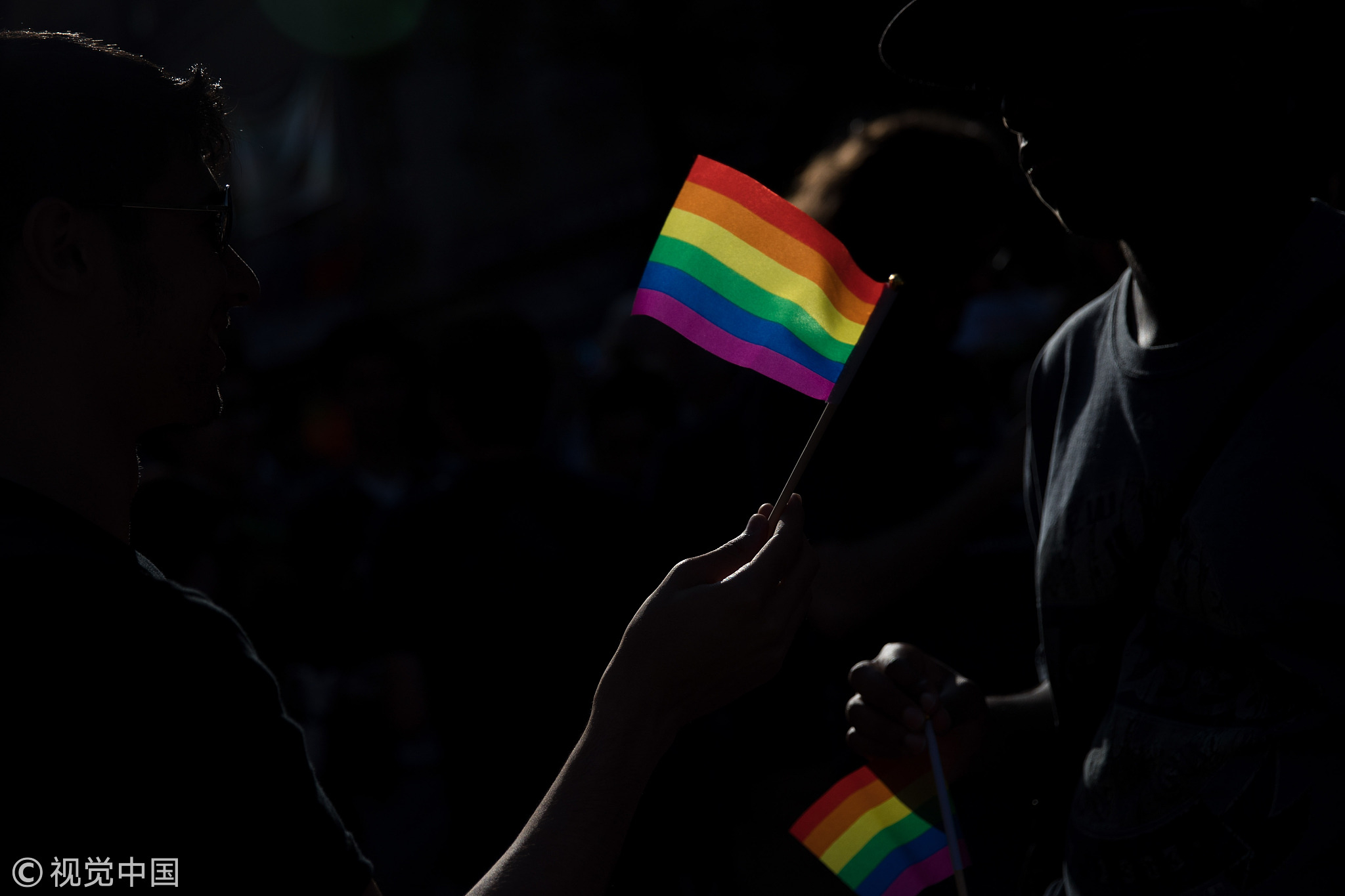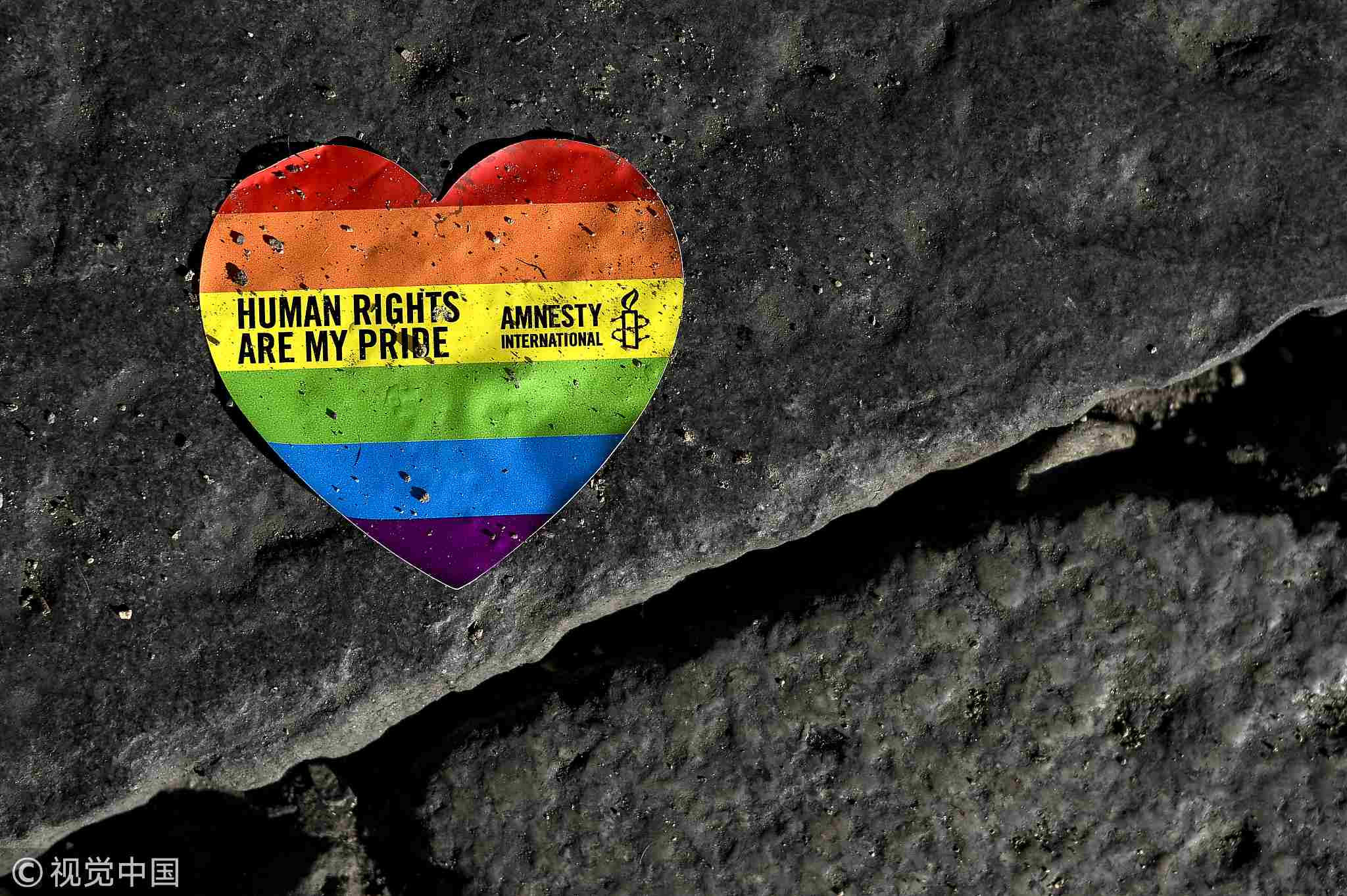
Opinions
19:11, 21-Sep-2018
Opinion: Breaking down the walls Chinese society has toward the LGBTQIA+ population?
Updated
18:17, 24-Sep-2018
Martin Yang

Editor's note: Martin Yang is a director of China AIDS Walk Fund, and of Beijing ProBono Foundation. The article reflects the authors' opinion, and not necessarily the views of CGTN.
Lesbian, gay, bisexual, transgender, queer or questioning, intersex, asexual or allied, commonly known as the LGBTQIA+ community, is a crucial population of any given society. According to various surveys, the estimated percentage of LGBTQIA+ population in a society is between 3 percent and 10 percent.
However, no specific number is available for situations in China. But we can make an educated guess by looking at the large volume of Chinese users registered on gay and lesbian social apps and by reading credited reports released by The United Nations Development Program (UNDP), academic institutions and non-profit organizations.
There certainly is a sizable group of Chinese citizens who live, work and study the same as the rest of the society but who have a different sexual orientation, gender identity and gender expression.
Gender, bearing far more intricate connotations than biological sex, is one of the pivotal pillars that our society builds upon. From as basic as how we dress, which toilet room to go to, to more complicated situations like who does one want to be or whom to have intimate relationship with.

People taking photos in front of the "rainbow" wall./ VCG Photo
People taking photos in front of the "rainbow" wall./ VCG Photo
Human beings have created a whole universe of diverse practices and cultures around the world since the beginning of written history, as evidences revealed by fine literature, art works, and archaeological and anthropological research, etc.
China, despite its long history of social acceptance of homosexual and transgender people as well as homoerotic sensibilities, has encountered sudden cultural ruptures in the past century. Social attitudes towards gender diversity have demonstrated a relatively open tendency in the past two decades.
In recent years, there has been a gradual change, with ups and downs, for the society to fully embrace diversity and inclusiveness. But the walls for the society to further open up and accept LGBTI community are yet to break.
To break these walls, both individuals and institutions can take critical roles. At an individual level: Be aware that there are people who do not fall into the category of heterosexual life and they are just who they are.

Attendees hold rainbow flags during a Flag Day 'Raise the Rainbow' march and rally in New York City, June 14, 2017./ VCG Photo
Attendees hold rainbow flags during a Flag Day 'Raise the Rainbow' march and rally in New York City, June 14, 2017./ VCG Photo
Sexual orientation, gender identity and gender expression are subjective. There is nothing one person can do to forcefully change any part of it unless they themselves have explored unfound land in their own life. These are simple facts.
Recognize individual rights and respect each other by giving people space. On one hand, there is no need to pry into another person's private life and let others decide when to share. Ever had embarrassing moments when being put on the spot with extremely personal questions such as, how much money do you make? Where is your partner? When to have babies? Why not marry?
While on the other hand, try to be a person making others who are completely different from you feelings, comfortable of being themselves and expressing freely around you. You may not agree with what you hear, but you believe that their voices deserve to be heard, just like yours.
For the society as a whole, we need to strive to eliminate discrimination from all fronts. Discrimination is harmful to both individual and the society and the discrimination towards LGBTQIA+ community can never magically disappear when other forms of discrimination still prevail.

A sticker on the ground during the annual Lesbian, Gay, Bisexual and Transgender (LGBT) Pride Parade also known as Gay Pride./ VCG Photo
A sticker on the ground during the annual Lesbian, Gay, Bisexual and Transgender (LGBT) Pride Parade also known as Gay Pride./ VCG Photo
It oftentimes originates from misunderstanding, ignorance and phobia. Society must constantly examine its values; widen access to scientific and holistic information; and foster more open and direct conversations on issues that we tend to shy away from for all kinds of reasons.
The legislature should pick up proposals submitted by deputies of the National People's Congress and members of Chinese People's Political Consultative Conference, and start the process of making laws that recognize and safeguard LGBTQIA+ people's equal rights as non-LGBTQIA+ people.
It is also necessary to oversee the effective enforcement of laws that protect any Chinese citizens from being bullied, deprived of employment opportunities, physically harmed or treated as a patient because of their sexual orientation, gender identity and gender expression.
(If you want to contribute and have specific expertise, please contact us at opinions@cgtn.com)

SITEMAP
Copyright © 2018 CGTN. Beijing ICP prepared NO.16065310-3
Copyright © 2018 CGTN. Beijing ICP prepared NO.16065310-3